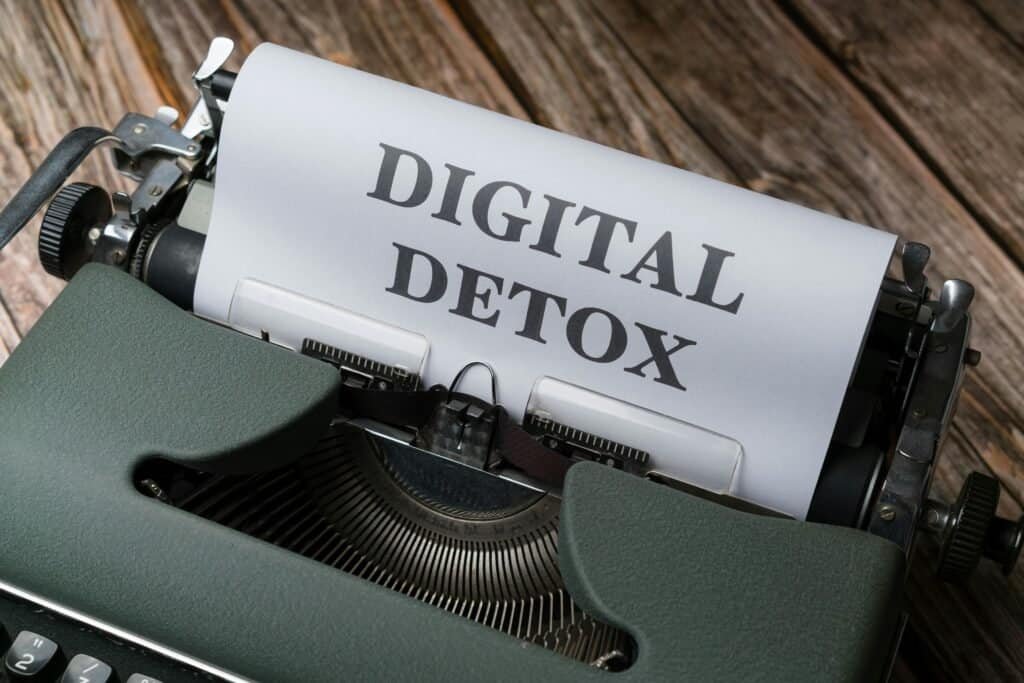
Dopamine and Screen Addiction
We live in a world designed to keep us clicking, swiping, and watching. Whether it’s unlocking achievements in a video game, checking for likes on Instagram, or watching “just one more” video, many of us find ourselves glued to screens longer than we want to be.
But this isn’t just a matter of bad habits. At the heart of digital addiction is dopamine, a powerful brain chemical that drives motivation, pleasure, and learning. The same system that helped our ancestors survive is now being hijacked by the modern attention economy.
What Is Dopamine, Really?
Dopamine is a neurotransmitter—a chemical messenger in the brain that helps neurons communicate. It’s heavily involved in motivation, reward, attention, and learning.
While it’s often labeled the “pleasure chemical,” dopamine is more accurately the “seeking chemical.” It doesn’t just reward us after we experience something pleasurable, it drives us to pursue it in the first place. Dopamine is about anticipation, craving, curiosity, and goal-directed behavior. It’s the voice in your brain that says: “That felt good—do it again.”
This is why dopamine is so central to behavioural addiction. It fuels the cycle of seeking; the endless scroll, the next video, the next level – always chasing a reward that never fully satisfies.
When you get a notification, open an app, or scroll past an intriguing headline, your brain releases a little hit of dopamine. Over time, your brain starts to crave these micro-rewards, even if the experience itself isn’t all that enjoyable.
That’s why you might feel pulled to check your phone even when you don’t want to….or checking it without being fully aware that you are even doing it.
Is “Dopamine Addiction” a Real Thing?
While dopamine itself isn’t addictive, the behaviours that flood the brain with dopamine can become compulsive and addictive. The term “dopamine addiction” is more of a metaphor, but it reflects something real: the brain’s reward system is being overactivated, rewired, and, eventually, depleted.
In fact, studies show that behavioural addictions activate the same brain regions as substance use disorders, including areas tied to craving, reward, and habit loops.
Unlike substance use, behavioural addictions don’t rely on external chemicals—they rely on patterns of behaviour that stimulate the same brain pathways. And today, many of those patterns are happening on screens.
Here are a few modern behavioural addictions fueled by dopamine:
Gaming: Especially games with constant rewards, unpredictable challenges, or endless upgrades. They’re designed to keep your brain chasing the next hit.
Pornography: Novelty, instant access, and sexual arousal combine into a potent dopamine cocktail. Over time, this can lead to escalating use and a search for increasingly novel or extreme content. This desensitization may reduce satisfaction with real-life intimacy and interfere with emotional and physical connection.
Social Media: Likes, comments, and new content act like slot machines in your pocket. Even the anticipation of a notification is enough to spike dopamine.
Online Shopping: The thrill of browsing, the satisfaction of finding a deal, and the anticipation of a package arriving all activate the dopamine system. It’s not just the purchase, it’s the chase.
Why Simple Pleasures Start to Feel Dull and Boring
Tech companies and online platforms have figured out how to leverage your brain chemistry for engagement. Algorithms don’t just show you what you like, they show you what keeps you on the platform. And what keeps you there is what spikes dopamine.
Over time, the brain adapts. This is called neuroadaptation:
Natural rewards like reading, watching a sunset, or connecting with a friend start to feel dull & boring.
You may need more intense or frequent stimulation to feel “okay.”
You might feel agitated, restless, or down when you try to unplug.
This isn’t about laziness or lack of willpower. It’s about a brain that’s been overstimulated and is struggling to recalibrate. It’s like if you were used to eating rich, tasty, exciting restaurant foods every day, then suddenly you’re given a plate of plain steamed broccoli. The contrast makes the simple things feel dull and unappealing.

Healing: Dopamine Detox
“Dopamine detox” is a trending term. While it’s not a true reset (you can’t detox from a neurotransmitter), the idea behind it is rebalancing your reward system which has value.
Real healing involves:
Conscious Rewiring: Choosing healthy activities that build long-term dopamine regulation, like exercise, nature, art, and meaningful social connection.
Emotional Awareness: Many screen addictions are ways to numb out from anxiety, boredom, or emotional pain. Therapy can help uncover what’s underneath.
Mindful Limits: While full abstinence, like deleting social media apps can sometimes be necessary, especially when habits feel out of control and affecting your daily life and wellbeing, not everyone is ready to take that step right away. Setting mindful, intentional limits (such as reducing screen time, disabling notifications, or designating offline hours) can begin to loosen the grip of compulsive use. These boundaries can serve as a bridge toward deeper healing, especially in a world where constant connectivity is the norm.
Struggling with Digital Addiction? Let's Talk.
As a therapist, I help people untangle their relationship with dopamine-driven behaviours and build more balanced, values-based lives. If you feel like a slave in a loop with screens, let’s find your way back to clarity and freedom. Book an appointment today.

About the Author
Jessica Miskiewicz is a Registered Clinical Counsellor, Psychotherapist and Owner of Journey Therapy. She specializes in helping people with behavioural addictions and compulsions across Canada.
Learn more at Journey Therapy or book a free consultation.